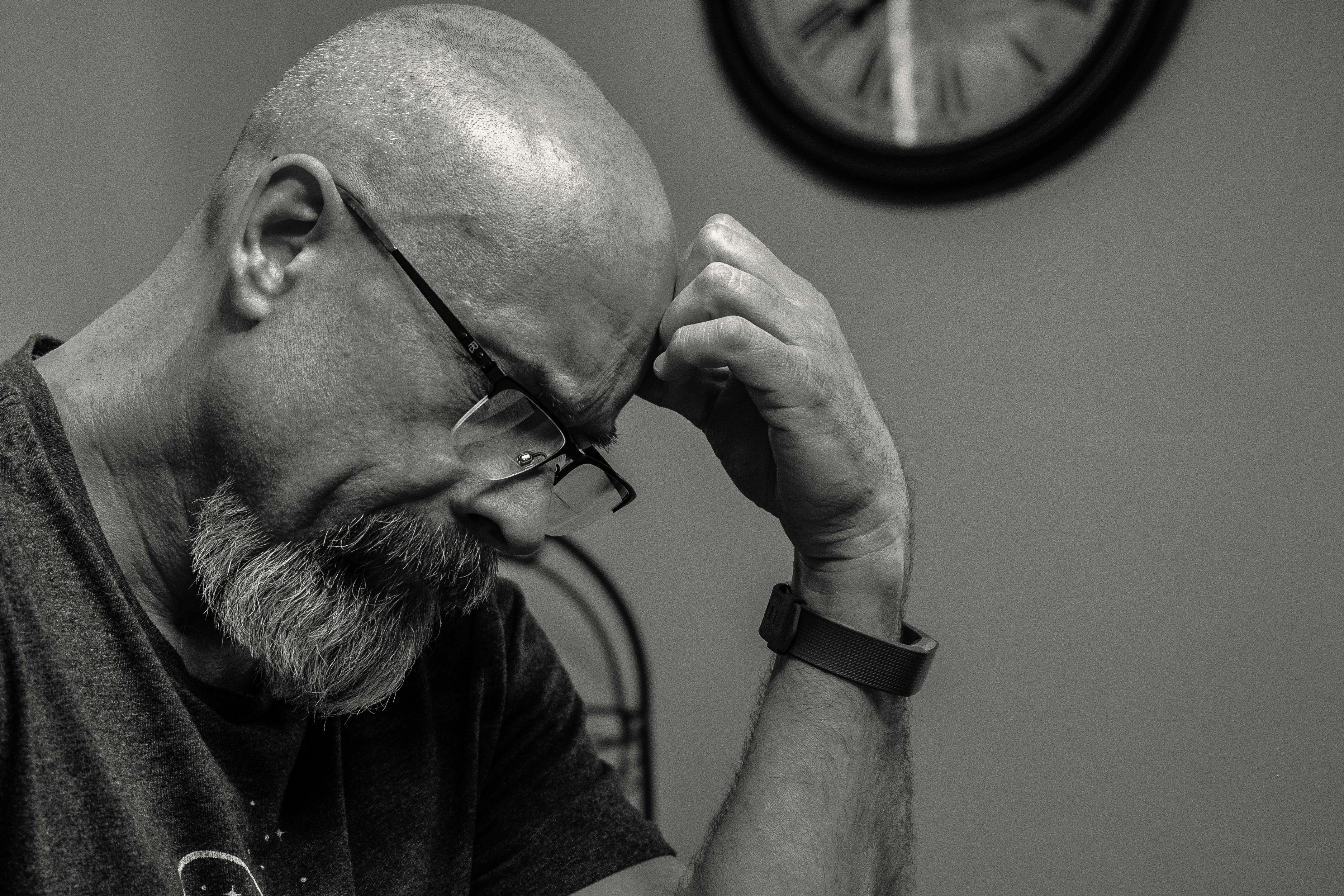Ruminating
7 tips to escape from your head

Introduction:
Ruminating can be incredibly exhausting. It can irritate, evoke emotions, keep you awake, make enjoyable events unpleasant, and almost unbearable. It's something most of us experience at times, and some almost chronically. It can significantly affect your life negatively, eventually leading to mental and physical issues such as insomnia, back, shoulder, and neck pain, headaches, burnout, anxiety, panic, depression, a negative self-image, and so on.
In short, a very unpleasant and destructive way to spend time, in which you inadvertently torment yourself with an abundance of thoughts, without leading to anything tangible or concrete.
In this article, I will try to explain WHAT rumination is, provide two perspectives on WHY we do it, and end with some tips and tricks on HOW to help yourself get rid of it.
WHAT is rumination?
For clarity, let's start with a definition. Rumination is:
"A state of mind in which a person is stuck in a (uncontrollable) pessimistic thinking pattern for a prolonged period. It is characterized by the excessive, restless contemplation of certain repetitive (negative) thoughts."
In practice, this means that you may feel swept away in a (negative) stream of thoughts. Occasionally, you regain control, become aware of your thoughts again, and try to regain control. You admonish yourself (irritated) (just let it go!), but before you know it, you slowly but surely disappear back into the stream of (negative) thoughts. And so it goes on and on. As if all thoughts are arranged in a circle around you, taking turns saying something, without a clear outcome or conclusion. And you stand there in the middle, dizzy from all the thoughts clamoring for attention.
This process often leads to a great deal of frustration, tension, and unrest, both in your mind and body. You lose control over the direction of thinking, and it can feel like being in a merry-go-round of your own thoughts. Concentrating on what you are doing becomes more difficult, which only increases the annoyance and frustration over the thoughts and further diminishes self-control.
The consequences of rumination can range from difficulty relaxing, experiencing unrest, having a short fuse, and insomnia, to anxiety, panic, depression, burnout, and various physical complaints.
Why do we ruminate?
-
Negative emotions are a sign of pain: Ruminative thoughts almost always have a certain negative charge. These are usually caused by the feelings and emotions underlying them. There can be negative emotions such as fear, shame, guilt, frustration, helplessness, or sadness underlying the topic you ruminate about.
-
Fight or flight: When you notice that you are ruminating about, for example, a project at work or school, or you are worried about a reorganization, financial uncertainty, you have a conflict, or relationship problems. Then you will respond by generating fear of the possible pain that may follow. This fear is essentially a physical reaction: the body activates a system called the "fight or flight system."
Rumination and the brain:
Your brain is also extra activated by this fight-or-flight reaction. Your brain is designed to identify potential (future) problems and propose possible solutions. This happens, among other things, through experiences from the past (your own and others').
Underlying reason(s) for rumination:
Common topics of rumination touch on fundamental basic needs. At a young age, this environment you focus on mainly consists of your parents, siblings. Later on, it becomes more the friend group, the workplace, society, any partner(s), social media, etc. Often, underlying reasons for rumination are indirectly linked to trying to meet these basic needs.
HOW can you best deal with rumination?
Apart from the - often complex - question of where rumination comes from and the search for the deeper reasons behind it, it is also very important to get an answer to the question: how can I best deal with this? What can you do now to help yourself ruminate less? What can you do once you're ruminating?
- Create overview
- Teach yourself a healthy fixed thinking pattern
- Find a healthy outlet
- Be concrete
- Talk about it
- Schedule rumination moments (journaling)
- Formulate helpful thoughts
I hope this has helped you. If you need guidance in stopping rumination, you can come to me. I guide people individually in breaking their negative thinking patterns and can help you learn to deal with difficult situations. Feel free to contact me if you want more information or if you want to make an appointment.